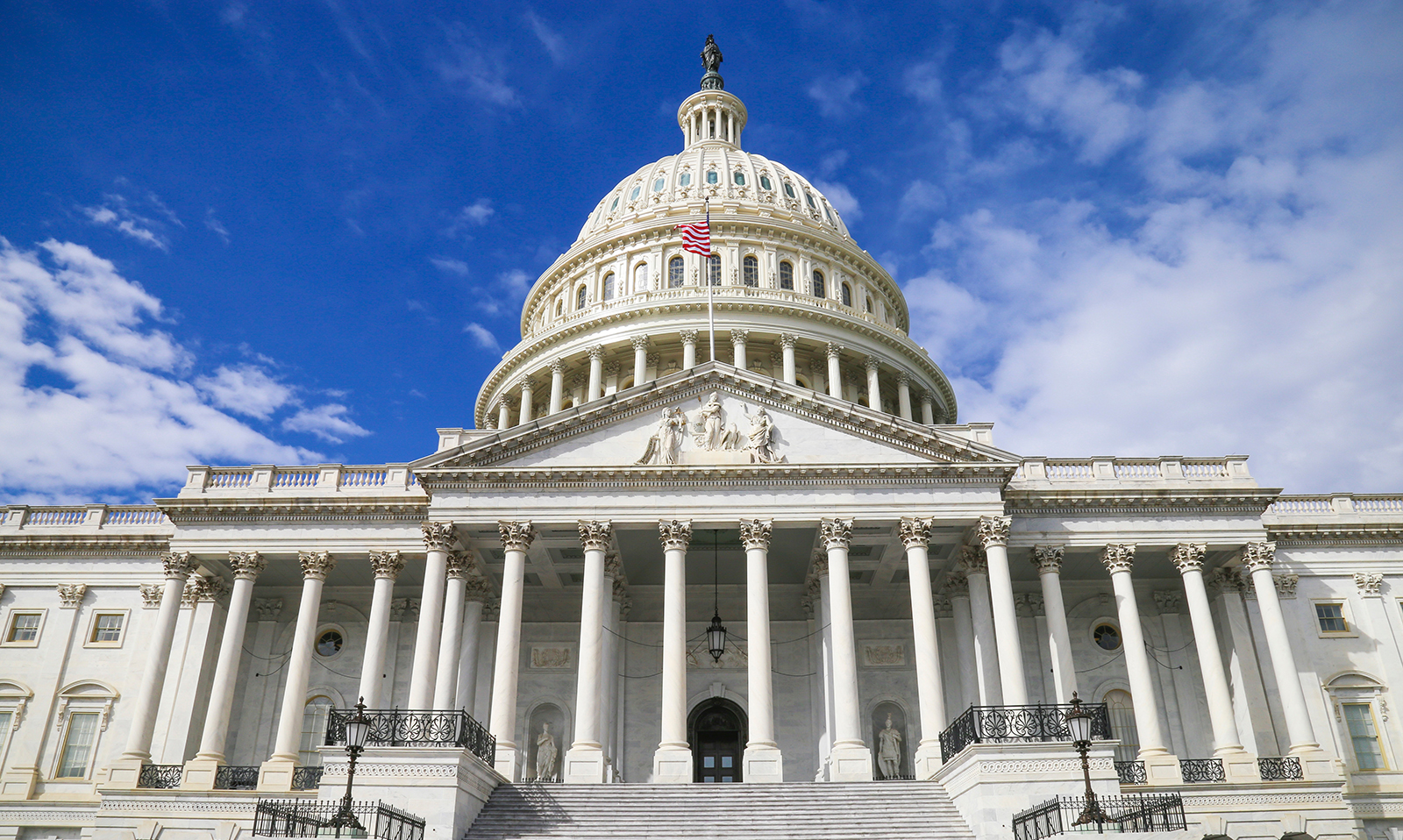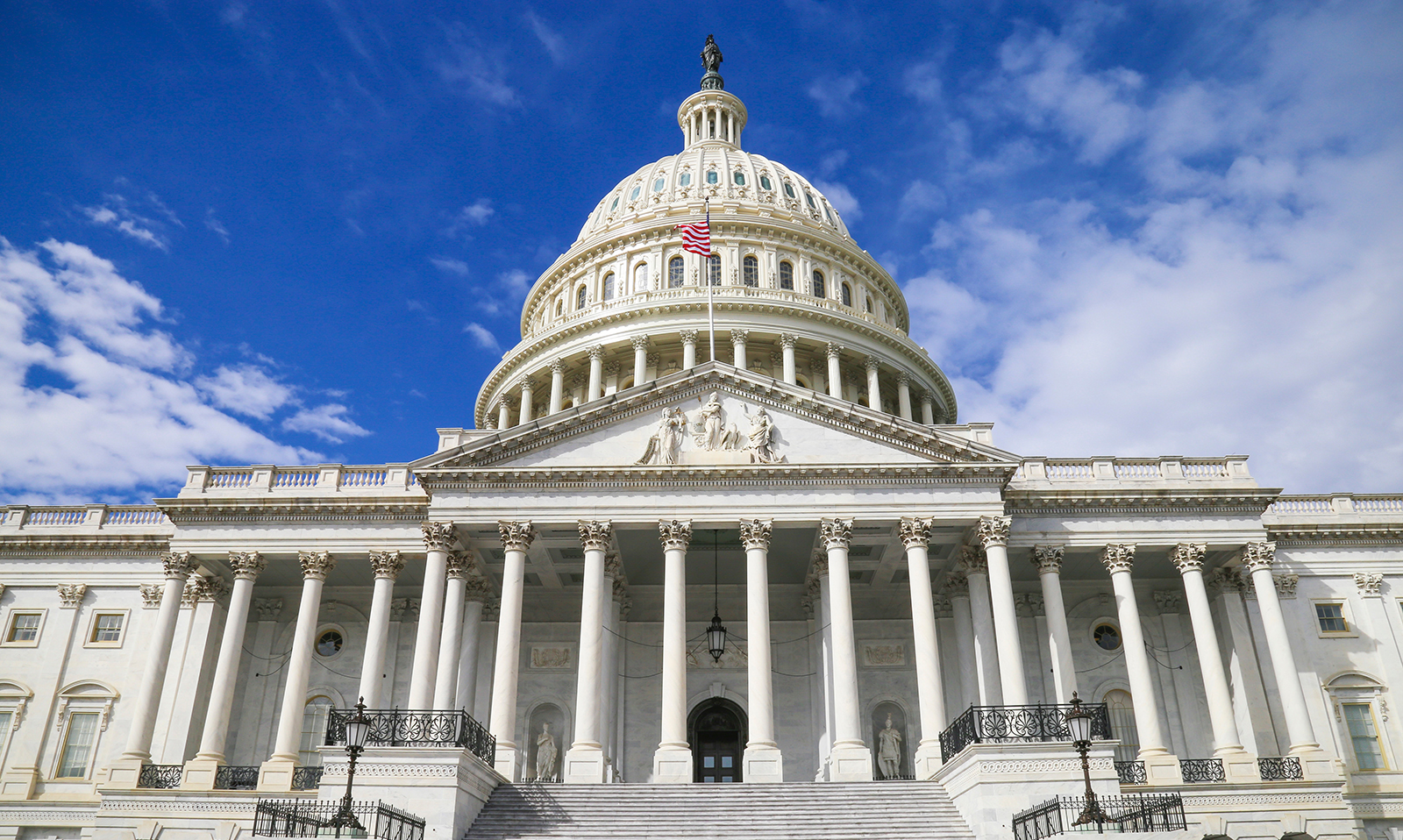
For the first time, a Congressional chamber voted in favor of a bipartisan amendment that would protect state-legal cannabis programs from interference from the U.S. Department of Justice (DOJ).
The House of Representatives on June 20, 2019, voted 267-165 for an amendment to a spending bill that effectively prohibits the DOJ from using funds to target businesses and individuals that comply with state, territorial, or tribal cannabis laws. The spending bill and its amendments now advance to the Republican-controlled Senate.
“This is without a doubt the biggest victory for federal cannabis policy reform to date, and a hopeful sign that the harmful policies of marijuana prohibition will soon be a relic of the past,” said Aaron Smith, Executive Director of the National Cannabis Industry Association (NCIA).
“Interfering with successful, regulated cannabis programs is a tremendous waste of resources, and only serves to push the market back into the hands of criminals,” Smith said. “The amendment approved today reflects a growing realization of these facts by lawmakers.”
The amendment to the fiscal year 2020 Commerce, Justice, Science, and Related Agencies spending bill aims to protect state-legal marijuana programs by specifically withholding funds from the DOJ that would “prevent any of them from implementing their own laws that authorize the use, distribution, possession, or cultivation of marijuana.”
Currently, 47 states allow cannabis in some form; 33 states and several territories have comprehensive medical cannabis laws, and as of June 25, 2019, 11 U.S. states, as well as Washington, D.C., the territories of Guam and Northern Mariana Islands, will have made cannabis legal for adults.
The amendment was introduced by Democratic Rep. Earl Blumenauer of Oregon, Republican Rep. Tom McClintock of California, and Democratic delegate Eleanor Holmes Norton of Washington, D.C.
— Weedmaps News
Feature Image: In a historic vote, a chamber of Congress voted to halt funding to any Department of Justice action that would interfere with state legal marijuana programs. (Photo courtesy of Louis Velazquez on Unsplash)











